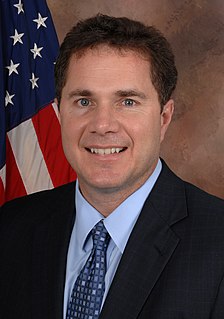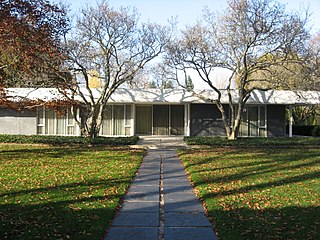A Quote by Molly Ivins
The impulse to make ourselves safer by making ourselves less free is an old one ... When we are badly frightened, we think we can make ourselves safer by sacrificing some of our liberties. We did it during the McCarthy era out of fear of communism. Less liberty is regularly proposed as a solution to crime, to pornography, to illegal immigration, to abortion, to all kinds of threats.
Related Quotes
Many of our feelings of satisfaction or dissatisfaction have their roots in how we compare ourselves to others. When we compare ourselves to those who have more, we feel bad. When we compare ourselves to those who have less, we feel grateful. Even though the truth is we have exactly the same life either way, our feelings about our life can vary tremendously based on who we compare ourselves with. Compare yourself with those examples that are meaningful but that make you feel comfortable with who you are and what you have.
We all have different desires and needs, but if we don't discover what we want from ourselves and what we stand for, we will live passively and unfulfilled. Sooner or later, we are all asked to compromise ourselves and the things we care about. We define ourselves by our actions. With each decision, we tell ourselves and the world who we are. Think about what you want out of this life, and recognize that there are many kinds of success.
Pride is the switch that turns off priesthood power. Humility is a switch that turns it on . . . . Some suppose that humility is about beating ourselves up. Humility does not mean convincing ourselves that we are worthless, meaningless, or of little value. Nor does it mean denying or withholding the talents God has given us. We don't discover humility by thinking less of ourselves; we discover humility by thinking less about ourselves. It comes as we go about our work with an attitude of serving God and our fellowman.
We grew to our present size almost against ourselves. It was not a deliberately planned commercial venture in the sense that I sat down and said that we were going to make ourselves into a huge financial octopus. We evolved by necessity. We did not sit down and say to ourselves, 'How can we make a big pile of dough?' It just happened.
In the search for character and commitment, we must rid ourselves of our inherited, even cherished biases and prejudices. Character, ability and intelligence are not concentrated in one sex over the other, nor in persons with certain accents or in certain races or in persons holding degrees from some universities over others. When we indulge ourselves in such irrational prejudices, we damage ourselves most of all and ultimately assure ourselves of failure in competition with those more open and less biased.
When I was young, I said to myself, "You've got to make the most of your life." It's all about taking risks. Push yourself to do as much exploration as possible. Find yourself. Because sometimes we think we've found ourselves, but it's only part of ourselves we've found. We haven't pushed ourselves far out there where we make mistakes and things don't work out, but at least we've discovered something. I felt that's what my life had to be.































